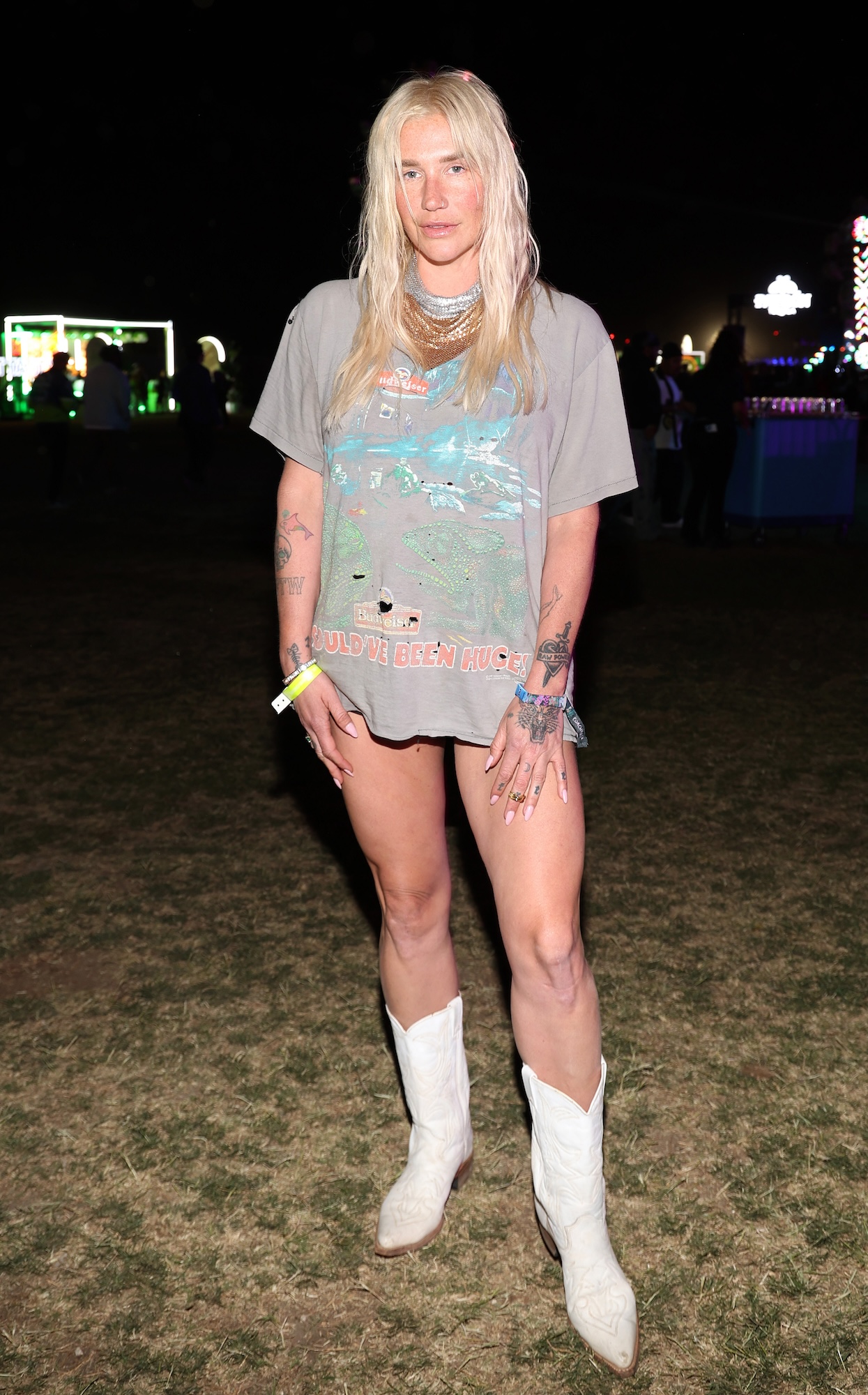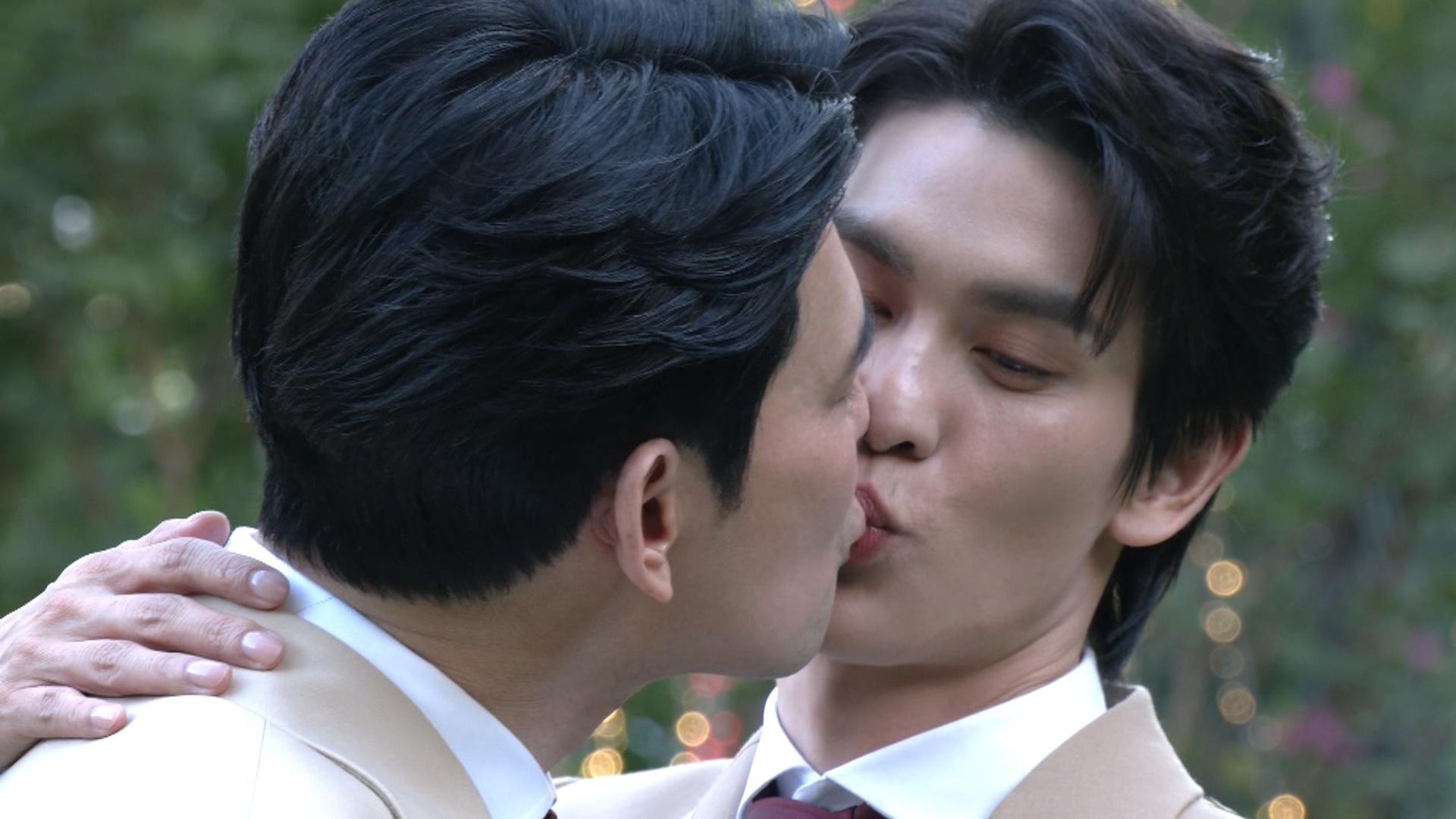
Kesha’s surprise performance at Coachella shocked crowds in more ways than one.
And now, the singer, 37, has confirmed her controversial lyric change to her iconic song “Tik Tok” — which replaces ‘Wake up in the morning feeling like P. Diddy’ with ‘Wake up in the morning like f—k P. Diddy’ — is here to stay.
In a video captured at LAX airport by TMZ on Thursday, May 9, Kesha was asked if the lyric alteration is a permanent change to the song.
“Yes, it will be, so the fans should learn it for my upcoming shows. I want to hear it louder than ever,” she responded with a smile. “I stand by that.”
Diddy’s Sexual Assault Lawsuits: Cuba Gooding Jr. Named as Defendant
Kesha added that her public condemnation of Sean “Diddy” Combs, who is facing allegations of sex trafficking involvement after news broke on March 25 of law enforcement officers raiding his Beverly Hills and Miami homes, is “the truth.”
“I’m not the kind of person that just shuts the f—k up, I know what I stand for, I know my integrity is rock solid so I speak the truth,” the singer told the outlet in the clip. “And the industry can kind of like suck my d—k.”
Kesha did not comment on whether she had heard a response from Diddy’s camp in light of her Coachella performance.
The “Die Young” hitmaker hit the stage on April 14 during singer Renee Rapp’s performance, much to the delight of the crowd.
“Tik Tok”, which was originally released in 2010, was played as she entered the stage. As she sang, she and Rapp, 24, threw their middle fingers in the air.
Why Celebrities Are Silent About Diddy’s Ongoing Legal Troubles
The March raids of Diddy’s homes took place amid an already difficult period for the rapper, 54.
Diddy initially faced rape and assault allegations brought upon him by ex-girlfriend Cassie, real name Casandra Ventura, which he denied at the time. The duo settled the lawsuit just one day after filing before multiple other women came forward with similar claims of alleged misconduct. (Diddy has denied all of the claims against him.)
As for the raids, the music mogul’s attorney told Us Weekly that the incident was an “excessive show of force”.
“There was a gross overuse of military force as search warrants were executed at Mr. Combs’ residences,” attorney Aaron Dyer said in a statement. “There is no excuse for the excessive show of force and hostility exhibited by authorities or the way his children and employees were treated.”









